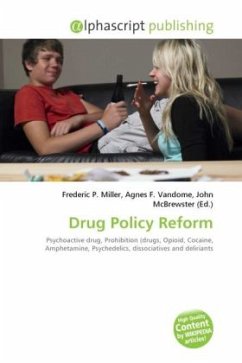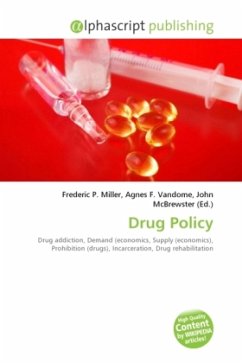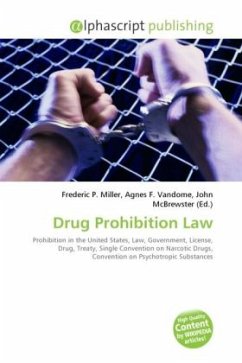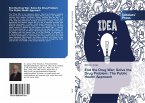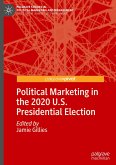Drug policy reform is a term used to describe proposed changes to the way most governments respond to the socio-cultural influence on perception of psychoactive substance use. Proponents of drug policy reform believe that prohibition of currently illegal drugs such as cannabis, opioids, cocaine, amphetamines and hallucinogens has been ineffectual and counterproductive. They argue that rather than using laws and enforcement as the primary means to responding to substance use, governments and citizens would be better served by reducing harm and regulating the production, marketing and distribution of currently illegal drugs in a manner similar to (or some would say better than) how alcohol and tobacco are regulated.

